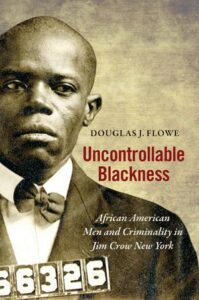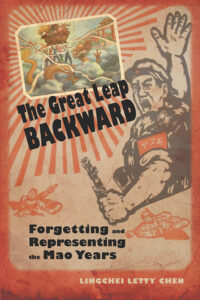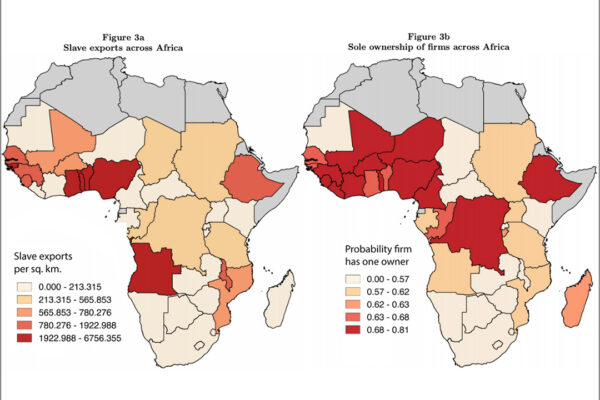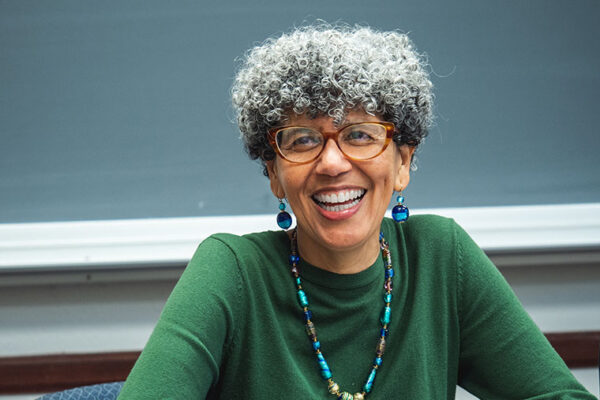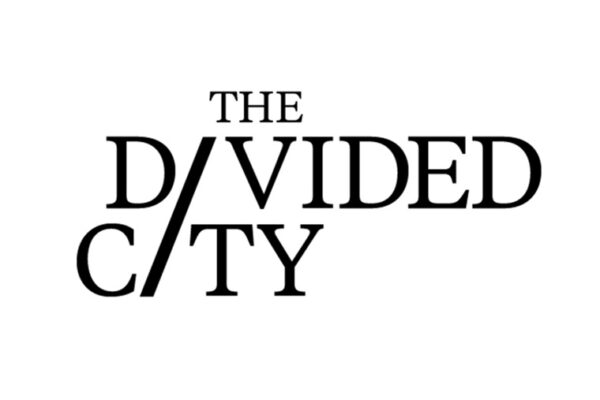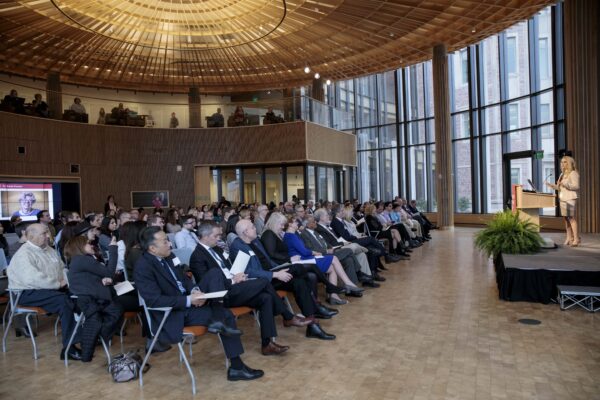Uncontrollable Blackness
African American Men and Criminality in Jim Crow New York
Early twentieth-century African American men in northern urban centers like New York faced economic isolation, segregation, a biased criminal justice system, and overt racial attacks by police and citizens. In this book, Douglas J. Flowe interrogates the meaning of crime and violence in the lives of these men, whose lawful conduct itself was often surveilled […]
The Great Leap Backward
Forgetting and Representing the Mao Years
It is now forty years after Mao Zedong’s death and the end of the Cultural Revolution, and more than fifty years since the Great Leap Forward and the Great Famine. During this time, the collective memory of these events has been sanitized, reduced to a much-diluted version of what truly took place. Historical and sociological […]
The Anthropology of Islamic Law
Education, Ethics, and Legal Interpretation at Egypt's Al-Azhar
“The Anthropology of Islamic Law” shows how hermeneutic theory and practice theory can be brought together to analyze cultural, legal, and religious traditions. These ideas are developed through an analysis of the Islamic legal tradition, which examines both Islamic legal doctrine and religious education. The book combines anthropology and Islamist history, using ethnography and in-depth […]
Mustakeem wins Dred Scott Freedom Award
The Dred Scott Heritage Foundation has selected Sowande’ Mustakeem, associate professor of history and of African and African-American studies, both in Arts & Sciences, as a recipient of its 2020 Dred Scott Freedom Award.
Berg wins National Jewish Book Award
Nancy Berg, professor of Hebrew language and literature in the Department of Jewish, Islamic and Middle Eastern Studies in Arts & Sciences, has won a National Jewish Book Award for best anthology for the 2018 book “What We Talk About When We Talk About Hebrew (and What It Means to Americans).”
Research finds slave trade’s effect on firm ownership persists today
While closely held ownership isn’t necessarily bad, research co-authored by a faculty member at Washington University in St. Louis’ Olin Business School suggests some African firms may miss 21st century growth opportunities without the ability to raise capital through shared ownership.
Tuning into the world of song
Is music universal? To answer that question, Christopher Lucas, assistant professor of political science, worked with colleagues from Princeton and Harvard to analyze music from 315 societies from across the planet. Their findings are published in the Nov. 21 issue of Science.
‘Recipes for Respect’ book featured at New York Public Library
The book “Recipes for Respect: African American Meals and Meaning”(2019) by Rafia Zafar, professor of English and of African-American studies, both in Arts & Sciences, is featured in a new exhibition celebrating the 125th anniversary of the New York Public Library.
The Divided City announces new faculty grants
The Center for the Humanities in Arts & Sciences and the Sam Fox School of Design & Visual Arts’ College and Graduate School of Architecture & Urban Design announce a new round of Divided City faculty collaborative grants.
Social Policy Institute launches at Washington University
The newly formed Social Policy Institute at Washington University in St. Louis will bring together the best research evidence from across disciplines to solve real-world challenges. The institute launches Sept. 24.
Older Stories
